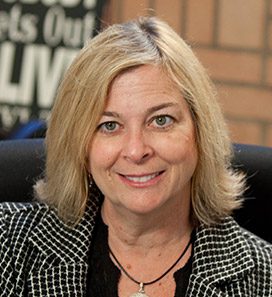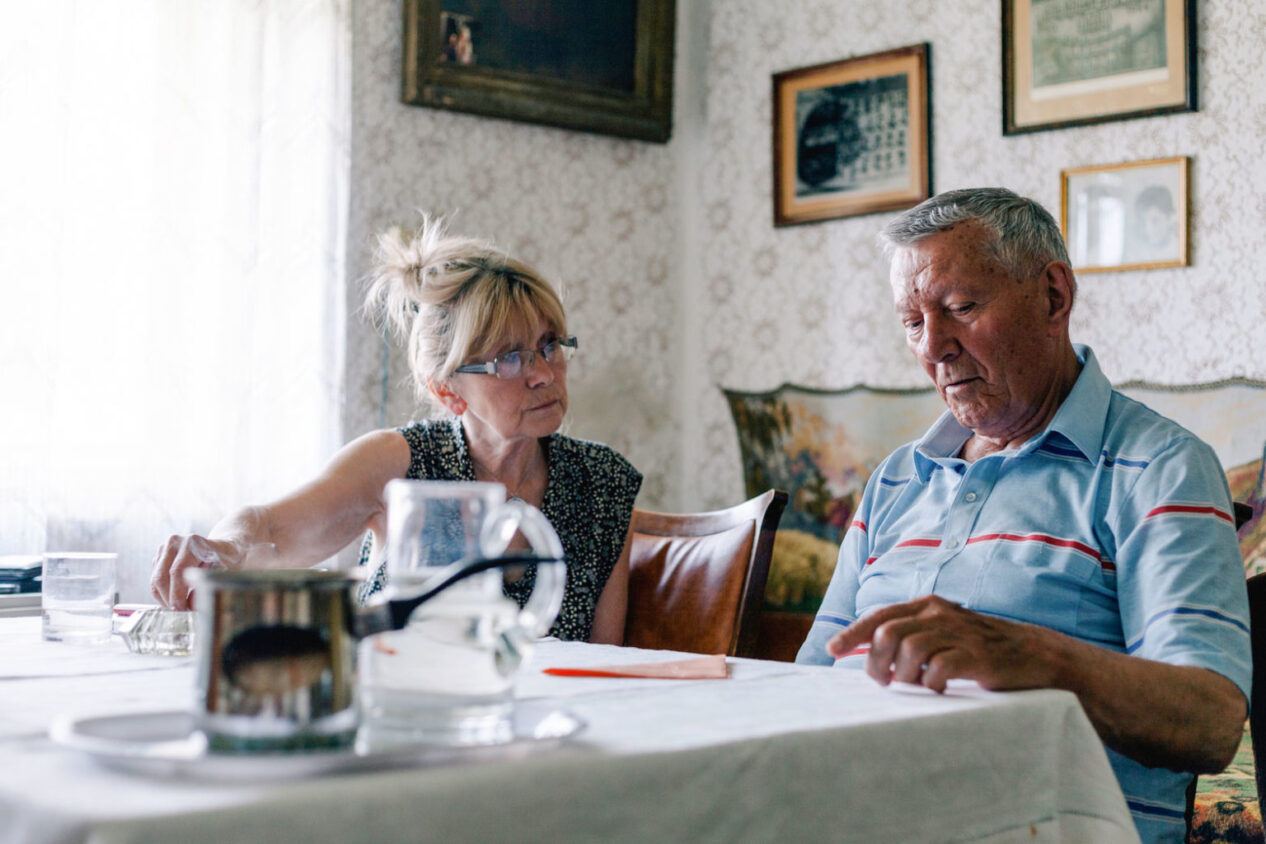
Associate Professor Susan Enguidanos
Much of the global conversation around the COVID-19 pandemic has revolved around how to prevent the spread of the virus. But along with staying home, maintaining social distance and washing hands, it’s important to also be prepared for the possibility of serious illness that can result in incapacitation or death. This preparation is an opportunity to bring up a difficult but critical conversation topic with loved ones — advance care planning and advance directives.
“The US recently surpassed all other countries in the number of COVID-19 cases identified, and death rates are growing,” says USC Leonard Davis School of Gerontology Associate Professor Susan Enguídanos. “Many are dying in hospitals on ventilators, making it impossible for them to engage in conversations about health care preferences and other health care decision-making. This virus underscores for all of us the importance of having advance directives.”
Advance directives are legal documents that specify care preferences and a “health care proxy” in case of a serious illness. The proxy, also known as a health care agent, is a person you designate to make decisions for you in case you become unable.
Advance directives “guide choices for doctors and caregivers if you’re terminally ill, seriously injured, in a coma, in the late stages of dementia or near the end of life,” according to the Mayo Clinic.
COVID-19 and Advance Directives: Not Easy Topics
It may seem uncomfortable to bring up the serious subject of end-of-life care choices with family members. The topic can be intimidating and scary for many during an already uneasy time. According to a survey by The Conversation Project, a campaign to promote communication about death and dying, 92 percent of people say talking with their loved ones about end-of-life care is important, but only 32 percent have actually done so.
However, when a conversation is approached with thoughtfulness, preparation and love, participants likely will be grateful for the resulting clarity and reassurance that they understand a loved one’s wishes for care at end of life, says USC Leonard Davis School of Gerontology Associate Professor Susan Enguídanos.
“This is one of the most important conversations you’ll ever have with your loved ones,” she says. “It doesn’t have to be scary; it can be a thoughtful exchange and an ongoing conversation as health conditions change.”
The Importance of Stating Your Preferences
While nearly 80 percent of Americans want to die at home in a familiar, comfortable setting, only about 20 percent actually do so, Enguídanos says. She adds that choices such as where to spend one’s last days, whether to undergo aggressive treatment (like intubation) or whether to be resuscitated following a medical emergency are all preferences that can be discussed in advance.
When decisions are made ahead of time, they can dramatically impact a patient’s quality of life and keep care consistent with patient preferences.
An expert on palliative, hospice and end-of-life care, Enguídanos says completing an advance directive and communicating one’s choices with family members in advance has been associated with patients receiving care consistent with their preferences.
“When an individual decides and communicates what they want done well in advance of becoming incapacitated, it can help family members avoid the added stress of weighing care decisions while worrying about their loved one facing a terminal illness or another medical emergency,” Enguídanos says.
End-of-Life Planning Resources to Get You Started
Enguídanos encourages anyone looking to start the discussion about their care preferences and end-of-life wishes to visit online resources that provide tips, examples and more, including The Conversation Project and Death Over Dinner.
And it’s not enough just to talk. Advance directives are legal documents. You are not required to hire an attorney to draw one up, but you do need to put your wishes in writing.
Laws vary from state to state; find your state’s advance directive by going to the National Hospice and Palliative Care Organization’s CaringInfo.
What Else to Keep in Mind
Other important points, according to the National Hospice and Palliative Care Organization, are:
- Your advance directive goes into effect as soon as you sign it in front of the required witnesses.
- Advance directives may be known by other names, depending on your state. Other terms include health care directive, health care (or “durable”) power of attorney with living will, and advanced statement of will regarding treatment.
- Make several copies of the completed document(s), keep the originals in an accessible place, and note on the photocopies where the originals are. Do NOT put the originals in a safe deposit box. Give copies to your health care agent/proxy and the alternate, as well as your doctor.
- Emergency responders cannot honor advance directives or living wills. If they are dispatched by a 911 call, they must perform their lifesaving duties.
- One state will not necessarily honor the advance directive you filled out in another state. If you spend a lot of time in another state, it’s a good idea to also fill out the advance directive specific to that state.
- An advance directive remains in effect until you change it.
- Review your advance directive occasionally to make sure it still represents your wishes.
Elizabeth Newcomb, MPH, is senior editor at the University of Southern California Leonard Davis School of Gerontology. This column originally appeared in PBS Next Avenue on October 24, 2017 and in part at gero.usc.edu on December 21, 2016.





